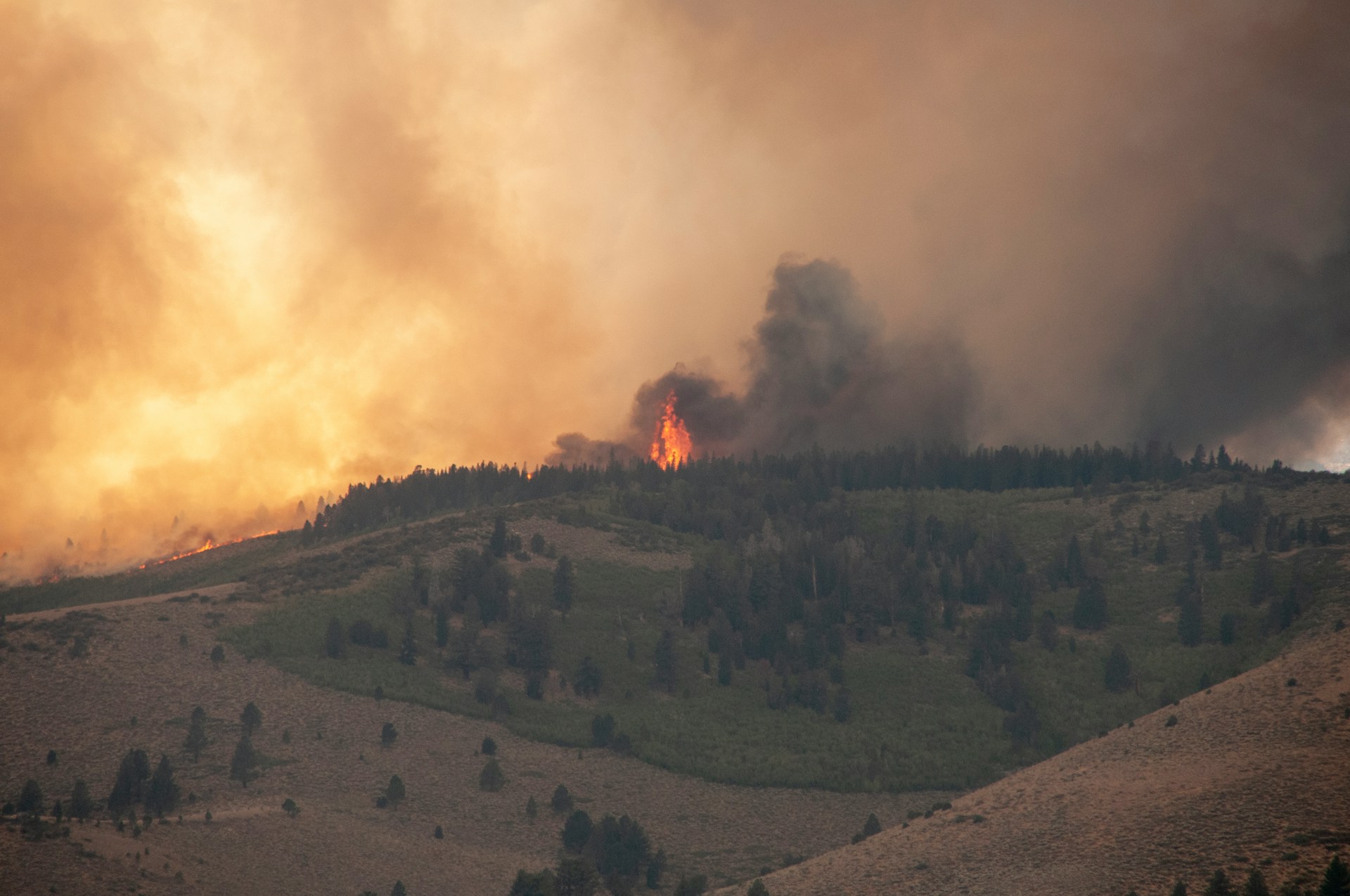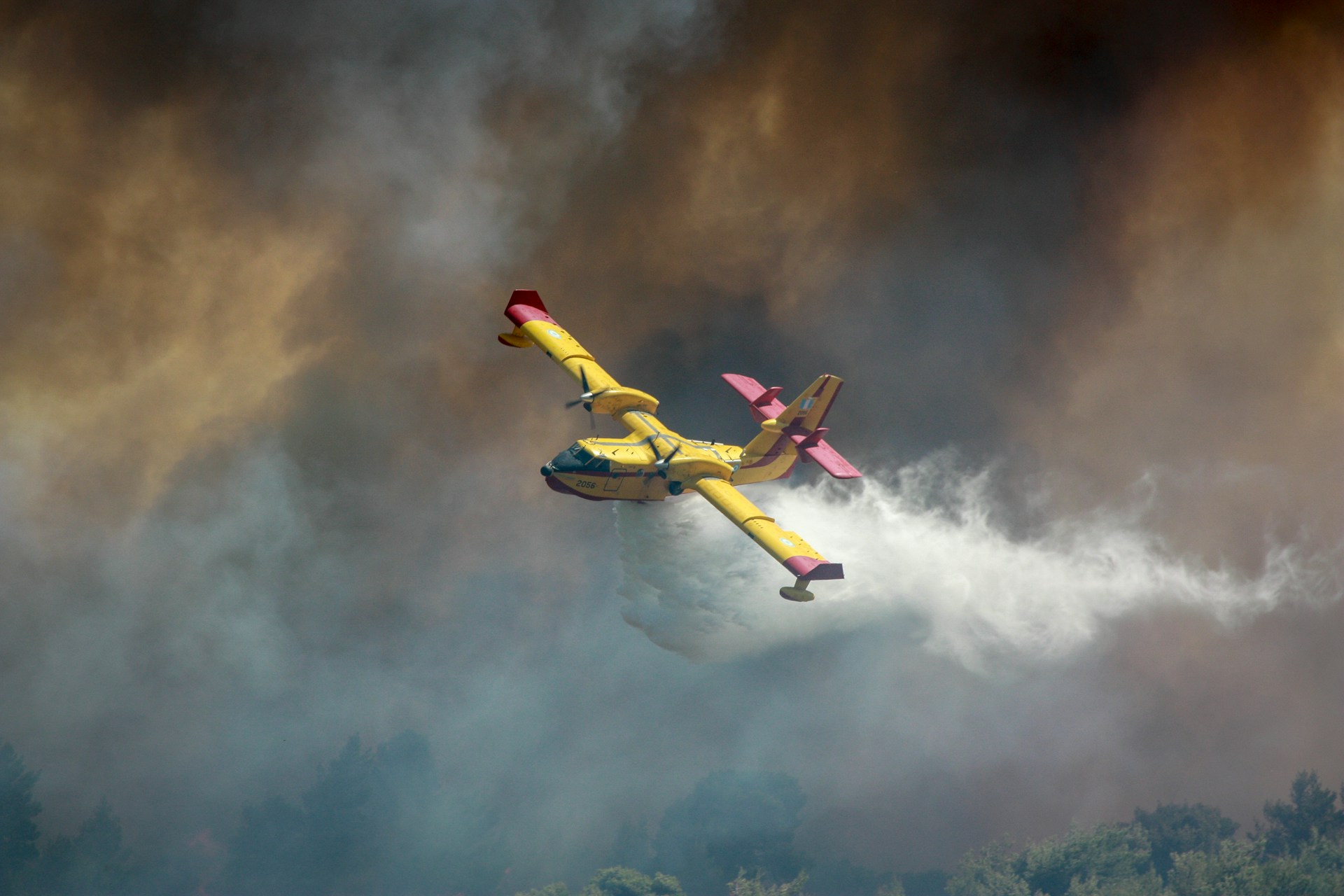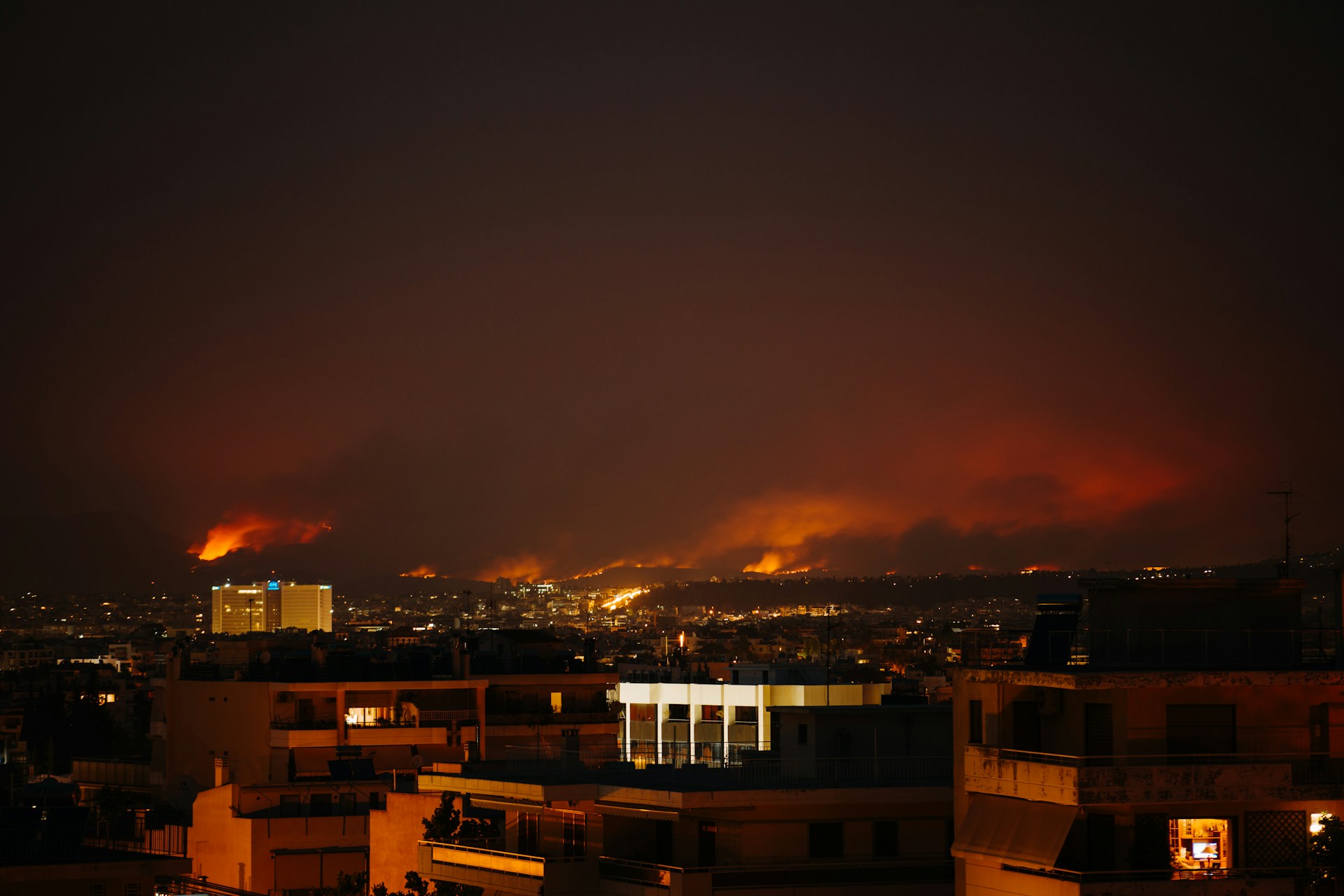Southern Europe continues to face the terrifying challenge of heatwaves and wildfires this Summer. For weeks now, the air has been heavy with smoke, with firefighters and volunteers working day and night, risking their lives to stop the quickly spreading flames.
Countries like Spain, Greece, France, Portugal, Italy, Cyprus, Turkey, and the Balkans have been affected. The roads have been blocked, trains halted, and people have had to leave their homes. The damage is overwhelming.

This summer, Europe has faced a new wave of extreme heat that is more powerful and has lasted longer than ever. Many regions are now seeing temperatures going up past 40 °C, with places like Mora in Portugal, hitting up to a frightening 46.6 °C, breaking new national records.
Southern France, Spain, Italy, the Balkans, and even parts of western Germany are baking under hot conditions that continue day after day, too. For example, Bordeaux in France recorded an all-time high of 41.6 °C, and Badajoz in Spain reached 45.5 °C, with some nights staying above 31 °C, offering no relief.
Most of these countries have experienced strong winds, which have been steering the wildfires, with some reaching up to 80 km/h, causing the fires to spread rapidly. In southern France, around Marseille, a fierce Mistral wind made a fire race forward so fast that it seemed like a wall of flame moving more than a kilometre per minute, turning the place into a frightening, fiery scene.
These winds also blew across parts of Spain, Turkey, Albania, and the Greek islands, especially Zakynthos, Cephalonia, and Chios, driving the fires into homes, olive groves, and forests, forcing thousands to flee.
Wildfires have destroyed a large amount of land so far this year. In the eurozone, around 440,000 hectares have burned, which is a big jump above what is usually seen. Fallen trees, homes destroyed, forests turned to ash, and entire villages are gone.
The fires have also already claimed the lives of people, including firefighters and volunteers. Others have been hurt, and tens of thousands have been forced from their homes.
Other countries have stepped in to help the affected regions. The European Union’s civil protection system has been activated up to 16 times already. Planes, helicopters, and firefighting crews have flown to Spain, Greece, Albania, Portugal, Morocco, and more to help fight the flames.
Aircraft, emergency responders, military troops and aerial units are also helping contain burning forests and farmland in various regions.
Some areas have seen reduced wind speeds, giving a moment of relief and hope, but the risks still remain. The hot, dry conditions and shifting winds can reignite the fires at any moment. Even with all the support, many places remain on high alert, and there is no telling when this nightmare will end.

So, is the wildfire risk still high in Southern Europe this summer? The simple answer is yes. These fires are burning vast amounts of land and nature, forcing evacuations and even taking lives.
EU, firefighters, and volunteers are doing their best, but the fires seem to outpace all these efforts. This calls for better planning and preparations for next year and all summers to come. With climate change making heatwaves longer, hotter, and more frequent, the wildfire season is no longer just a short danger in the middle of summer. It is now a major threat.


If you want the latest information on the best Hotel Executive Club Lounges, Hotel Kids Clubs and other travel information, be sure to sign up for our free newsletter full of tips and great travel ideas.